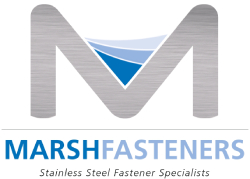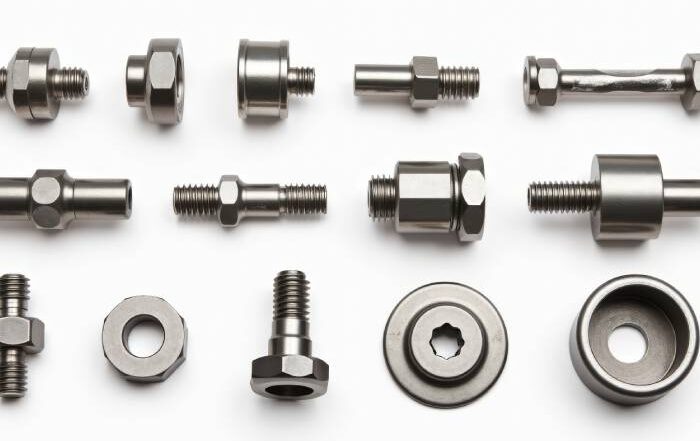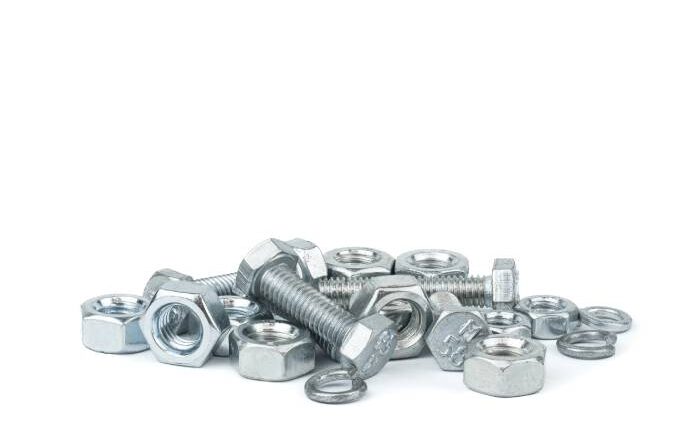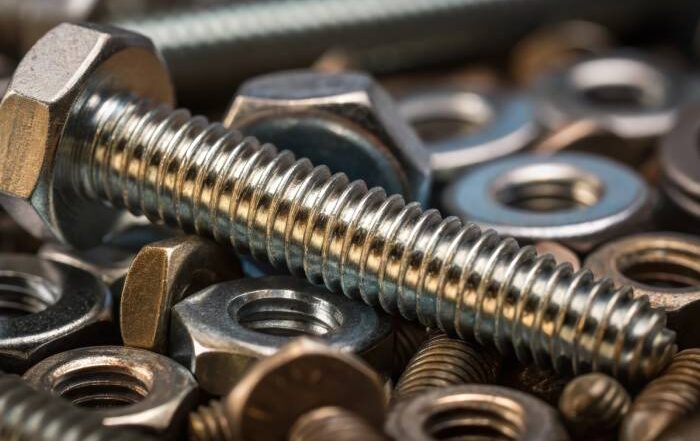
If you think that screws are screws, you’re wrong. They most certainly aren’t. Just like any other fastener or component, screws are purpose designed which means that deck screws and wooden screws are quite different. Deck screws have a major advantage over nails and wooden screws: they eliminate the risk and stress of the material splitting, cracking, and becoming weak at the fastening point. The entire basic design of the deck screw makes it the ultimate option for those looking to create a securely fastened structure that is sturdy and safe. The important components of the deck screw are:
- Screw head – a deck screw should have a similar flat countersunk surface as a wooden screw, but with a larger surface area offering greater load bearing capacity. The head should be shaped in a bugle or flare shape. Why is it designed this way? It’s to ensure that the fastener doesn’t sink into the material that it is screwed into. Unfortunately, wooden screws do not have the same bugle shape and tend to, over time, work their way into the item / material which causes cracking, splitting and similar.
- Shank – deck screw shanks are designed for long-term durability. They typically feature an aggressive point and sharp threading that quickly and firmly secures into the item. The tapered and partially threaded shank ensures that by the time the screw is secured into the wood, there’s no room for any type of movement.
- Threading – deck screws have sharp, deep threading which quickly and easily cuts into the item and secures itself. While wooden screws are also threaded, they tend to be less sharp and tapered which can hamper their long-term efficiency.
Buy best quality deck screws at Marsh Fasteners
At Marsh Fasteners you can find a wide selection of deck screws available for your next project. Our decking screws are ideally suited for use with pressure treated composites and hardwoods. We offer stainless steel 305 and stainless steel 316 varieties. For more information on our extensive range, simply contact us via email or telephone us at Marsh Fasteners today.
With such a fascinating range of fasteners that exist, you’ll be mistaken to think that screws are just screws.They most certainly aren’t. Just like any other fastener or component, screws are purpose designed which means that deck screws and wooden screws are quite different. In this article, we’ll take a look at the differences between deck screws and wooden screws and which one to use for your next project.
Fasteners: What are deck screws and wood screws?:
Wood screws are commonly used in woodworking and they provide a strong joint when connecting wood to wood. Wood screws come in a variety of shapes and sizes that are suitable for different woodworking projects.
Deck screws, on the other hand, are more suitable for outdoor use because they are usually made out of corrosion-resistant materials like copper or hardened steel. The sharper tips and deep threading on deck screws make them easier to drive into boards used in decking. Deck screws are suitable for use on hardwood and softwood.
Furthermore, deck screws have a major advantage over nails and wooden screws: they eliminate the risk and stress of the material splitting, cracking, and becoming weak at the fastening point. The entire basic design of the deck screw makes it the ultimate option for those looking to create a securely fastened structure that is sturdy and safe.
Design differences between deck screws and wood screws:
- Screw head – a deck screw should have a similar flat countersunk surface as a wooden screw, but with a larger surface area offering greater load bearing capacity. The head should be shaped in a bugle or flare shape. Why is it designed this way? It’s to ensure that the fastener doesn’t sink into the material that it is screwed into. Unfortunately, wooden screws do not have the same bugle shape and tend to, over time, work their way into the item / material which causes cracking, splitting and similar.
- Shank – deck screw shanks are designed for long-term durability. They typically feature an aggressive point and sharp threading that quickly and firmly secures into the item. The tapered and partially threaded shank ensures that by the time the screw is secured into the wood, there’s no room for any type of movement.With wood screws, the threading on the shank is not as deep, and the shank is not fully threaded.
- Threading – deck screws have sharp, deep threading which quickly and easily cuts into the item and secures itself. While wooden screws are also threaded, they tend to be less sharp and tapered which can hamper their long-term efficiency.
Which fastener should I use, a deck screw or a wood screw?
Wood screws are perfectly suited to most woodworking projects, as long as the wood will be used inside or away from very harsh weather conditions. Wood screws are perfect for constructing wooden items and joining pieces of wood together.
If you are tackling an outdoor project, you should be using deck screws. Deck screws can be used on decking to fasten boards, build framing and install rails. They can withstand harsh weather conditions and handle a larger weight than normal wood screws which makes them perfect for any wooden structures that need to be more robust.
Whether you’re buying wood or deck screws, be sure to pick the right screw for your project by considering the type of head (flat or crosshead), the shape of the head (round, flat or oval) and the length of the screw.
Buy best quality deck screws at Marsh Fasteners
At Marsh Fasteners you can find a wide selection of deck screws available for your next project. Our decking screws are ideally suited for use with pressure treated composites and hardwoods. We offer stainless steel 305 and stainless steel 316 varieties. For more information on our extensive range, and the best type of fastener to use for your project, simply contact us via email or telephone us at Marsh Fasteners today.



